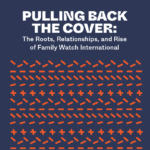
This report aims to shed light on FWI, a group that peddles disinformation and homophobia that is impacting health, education, and human rights policy from Arizona to East Africa and in multilateral spaces like the United Nations.
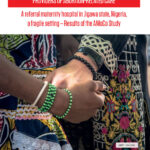
This evidence brief from the AMoCo study presents selected results of a knowledge, attitudes, practices, and behaviors (KAPB) survey given to health professionals in Jahun, Nigeria providing abortion-related care.
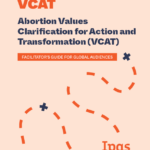
Abortion values clarification for action and transformation (VCAT) is a curriculum designed to support groups in examining the individual and collective values, attitudes and beliefs related to abortion. A VCAT workshop helps make values and actions related to abortion access more conscious. It transforms conversations about abortion fueled by stigma and polarized arguments toward those driven by curiosity, empathy and mutual growth.
Aclaración de valores para transformación y acción (AVTA) respecto al aborto: Guía de facilitación para públicos mundiales. Segunda edición
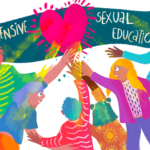
New research from Ipas and Political Research Associates finds that bisexual and pansexual young people feel vastly underserved by comprehensive sexuality education (CSE) programs—but they also have many recommendations for how to improve the situation.
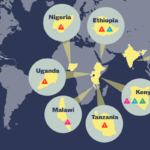
The U.S. Supreme Court overturned Roe v. Wade one year ago. Since then, millions of Americans have lost access to abortion. Ipas’s global network has also seen a ripple effect around the world, with impacts in many of the countries where we work.

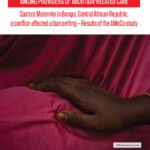
This evidence brief from the AMoCo study presents selected results of a knowledge, attitudes, practices, and behaviors (KAPB) survey given to health professionals providing abortion-related care. Providers are critical to providing timely and high-quality comprehensive abortion care (CAC) that can decrease abortion-related complications. This survey aims not only to assess the KAPB of CAC providers in hospital settings but to identify provider-related barriers to adequate CAC and points for improvement in the provision and accessibility of CAC services.

New research shows why bisexual and pansexual youth need comprehensive sexuality education that meets their needs

